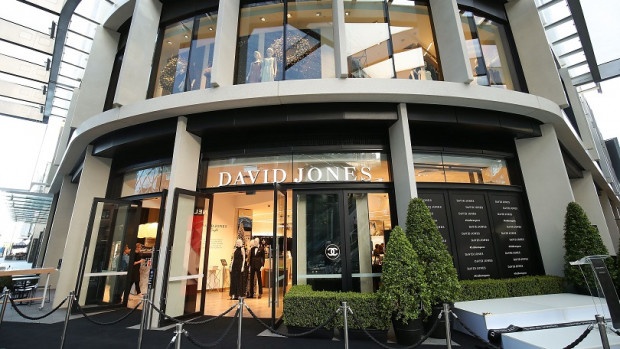Pressure is mounting on Myer and David Jones after their turnaround strategies were derailed by Covid-19 shutdowns. The hefty losses reported by both retailers for the 2020 financial year were to be expected, but with the current half-year results likely to splash further red ink on the bottom line, there is increasing speculation about their future. The speculation is fanned by the financial collapses of iconic department store chains in the US and UK as much as by the trading woes of Myer and
r and David Jones themselves.
Department stores have long been described as the dinosaurs of retail and, while not extinct, they have been in retreat for years with dwindling profitability and declining market share and sales.
Brave attempts by Myer and David Jones to expand their store networks failed to boost sales and earnings, with both retailers now closing stores and shrinking floorspace in some retained locations.
There is a view among some investors and analysts that a merger of the two department stores is inevitable and that it should happen sooner rather than later.
Despite massive writedowns on the value of David Jones and a $33 million loss for FY20 on a 6.4 per cent drop in sales, the chain’s South African owner, Woolworths Holdings, has indicated it is not interested in revisiting a merger with Myer.
A comeback for David Jones?
Roy Bagattini, Woolworths Holdings CEO, believes David Jones could have a future in its own right; and Ian Moir, his predecessor back in Australia and now in a caretaker role with the department store chain, believes it can return to profitability in the current financial year.
There have been reports that the formidable Indian conglomerate Reliance Industries has run a ruler over David Jones, a move likely triggered by the sale process for the retailer’s flagship Melbourne stores.
There may not currently be a ‘for sale’ sign on the David Jones business, but Woolworths Holdings would no doubt consider divesting it if a suitable offer lobbed in the boardroom, given the heavy capital losses of more than $1 billion on its 2014 acquisition price.
David Jones is also currently carrying about $360 million in debt and has dragged down the earnings and share price of Woolworths Holdings, to the chagrin of shareholders and investment analysts in South Africa.
Moir is working on a 20 per cent floorspace reduction across the store network to reduce operating costs, while the flagship store sell-off will reduce debt and help fund the rollout of food outlets which has been slowed by the Covid-19 outbreak.
The lack of enthusiasm for a merger of David Jones with Myer from the Woolworths standpoint reflects concern about Myer’s viability, a concern shared by a former chairman, Solomon Lew, who claims the company is headed towards administration.
A fierce long-term critic of Myer, Lew allowed the British retail executive John King, who was appointed Myer CEO in April 2018, an effective two-year truce to get the business back on track.
Arguably Myer, which closed its stores when Covid-19 hit, traded better than David Jones which kept stores open until governments forced temporary closures.
The Myer trading loss for FY20 was $13.4 million compared with David Jones $33 million, but Myer’s statutory loss ballooned to $172.4 million after writedowns.
Lew has called for resignation of King and the entire board of directors, arguing that Myer’s trading performance was dire, even after allowing for the impact of Covid-19 in the final four months of FY20.
Lew has tried to unseat Myer directors previously but he is now gaining some support from other investors whose patience is clearly running thin as writedowns continue and the turnaround strategies are on repeat in each management presentation but with little evident progress.
Two Myer directors have opted to retire at the forthcoming annual shareholder meeting and will not be replaced, but that is not necessarily a positive move given, as Lew has pointed out previously, the limited retail experience on the Myer board and the substantial cuts in management ranks in recent years.
Keen to focus on some good news, Myer reported a 61.1 per cent increase in online sales to $422.5 million for FY20 or around 16 per cent of the depleted annual sales result.
Myer’s share price makes the company a prospective takeover target in the shakeout period that will inevitably follow Covid-19, but the question is who would be prepared to take the risk?

